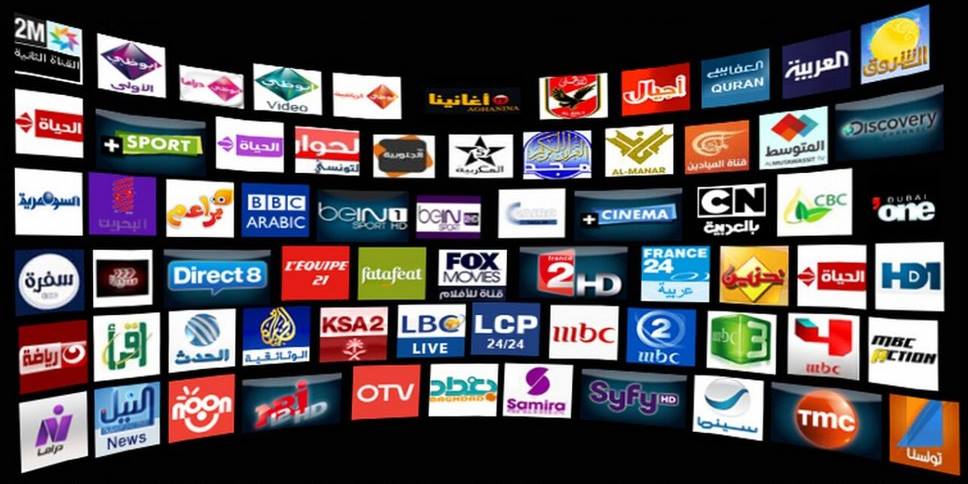Television has undergone a remarkable transformation since its inception, moving from bulky black-and-white screens to sleek smart TVs that can stream content from the internet. Over the years, traditional cable and satellite television services dominated the industry, offering viewers a set number of channels with limited control over content. However, the rise of the internet and advancements in digital technology have paved the way for a new era in television one that is defined by Internet Protocol Television IPTV. IPTV services are reshaping the industry by providing viewers with greater flexibility, personalized content, and an on-demand viewing experience that traditional television simply cannot match. Unlike conventional broadcasting methods that rely on satellite signals or cable networks, IPTV delivers content through internet protocols, allowing users to stream media directly to their devices. This technology has revolutionized the way viewers consume content, giving them the freedom to watch what they want, when they want, and on the device of their choice. Whether it is a smartphone, tablet, smart TV, or computer, IPTV services enable seamless access to a vast library of content, including live TV, video-on-demand VOD, and time-shifted media.

As a result, viewers no longer have to be bound by the rigid schedules of traditional TV programming. One of the most significant ways IPTV is shaping the industry is through its emphasis on personalized content. Many IPTV providers use sophisticated algorithms to analyze viewing habits and recommend content that matches the preferences of individual users. This level of personalization not only enhances the viewing experience but also increases viewer engagement and satisfaction. Furthermore, IPTV services often include interactive features such as pause, rewind, and fast-forward, giving users more control over their viewing experience. Another key factor driving the growth of IPTV is the growing demand for on-demand content. In today’s fast-paced world, viewers want the flexibility to watch their favorite shows and movies at their convenience. IPTV meets this demand by offering vast libraries of movies, TV shows, and exclusive content that can be accessed instantly. This shift toward on-demand viewing has forced traditional broadcasters to rethink their business models and invest in their own streaming platforms to stay competitive in the evolving landscape.
Moreover, IPTV services are making waves in the global market by offering more diverse content options. With access to international channels and multilingual programming, IPTV allows viewers to explore content from different cultures and regions, which was previously limited by traditional cable and satellite services. As IPTV continues to gain popularity, it is also influencing the future of advertising in the television industry. Targeted advertising, driven by data analytics, allows advertisers to deliver personalized ads to viewers based on their preferences and viewing behavior. This approach improves ad relevance and effectiveness, creating a win-win situation for both advertisers and consumers and look here https://atozpoetry.com/2025/03/iptv-explained-everything-you-need-to-know-before-subscribing.html. IPTV services are transforming the television industry by offering viewers unprecedented flexibility, personalized content, and a more interactive viewing experience. As more consumers shift away from traditional cable and satellite services, IPTV is poised to become the new standard in television entertainment. With the continued advancement of internet technology and increasing demand for on-demand content, IPTV is set to play a pivotal role in shaping the future of the television industry.